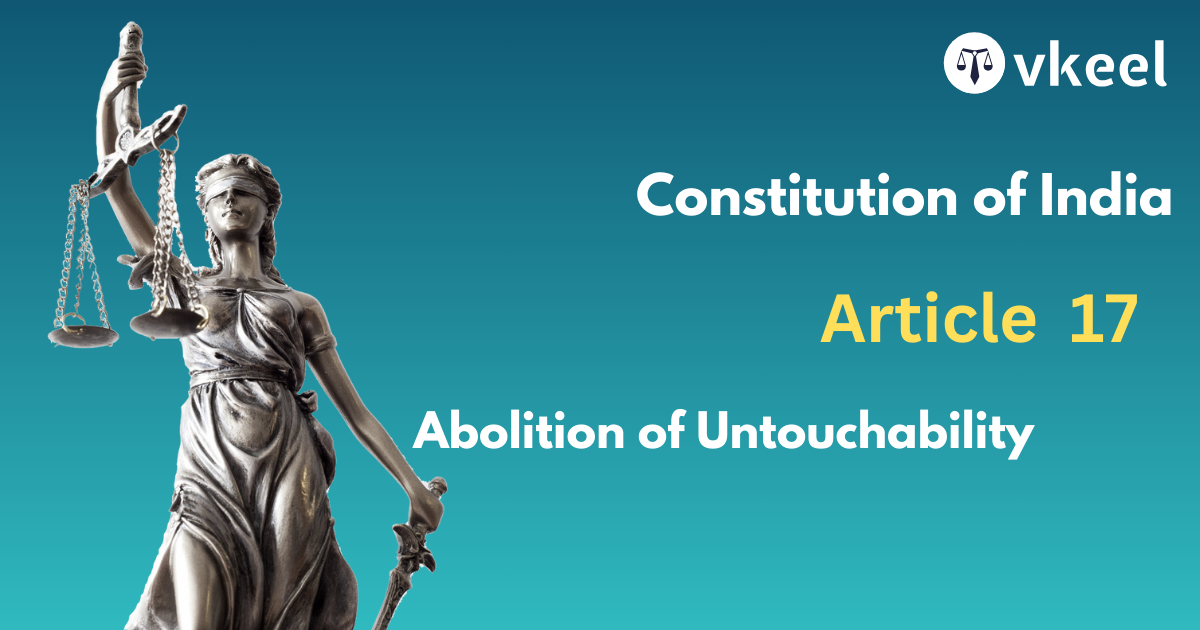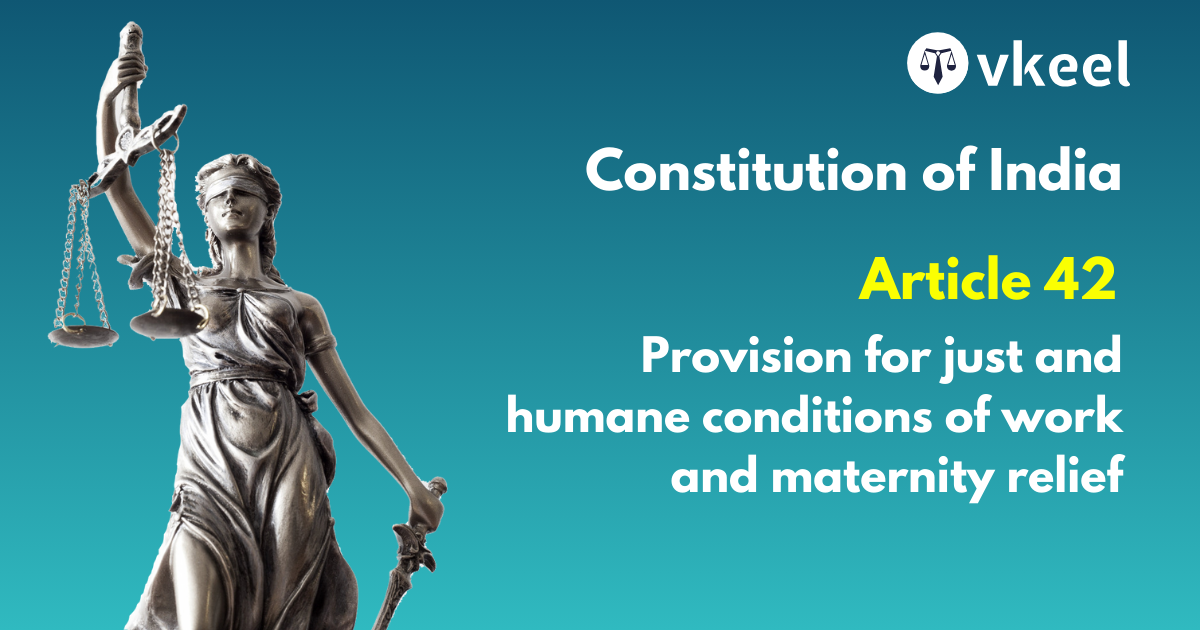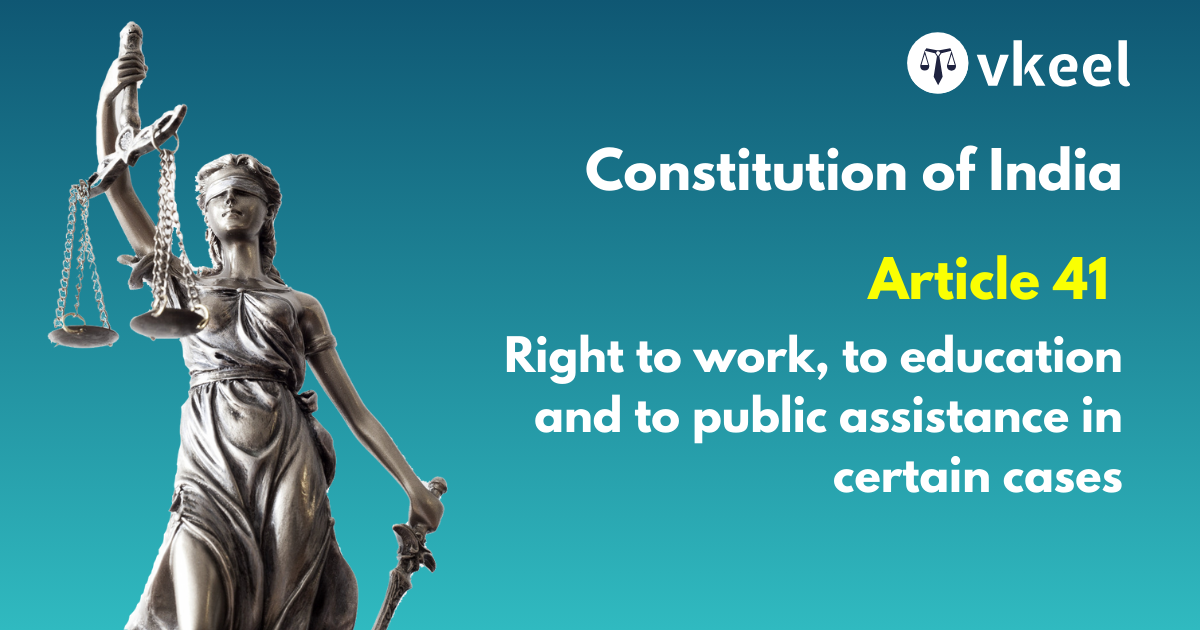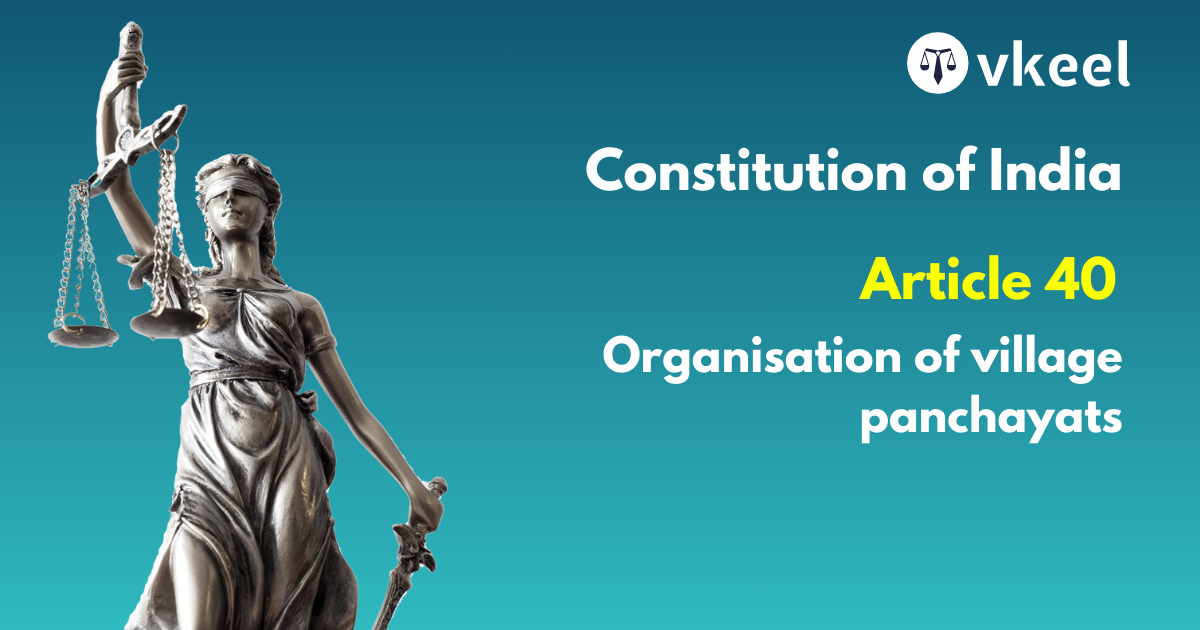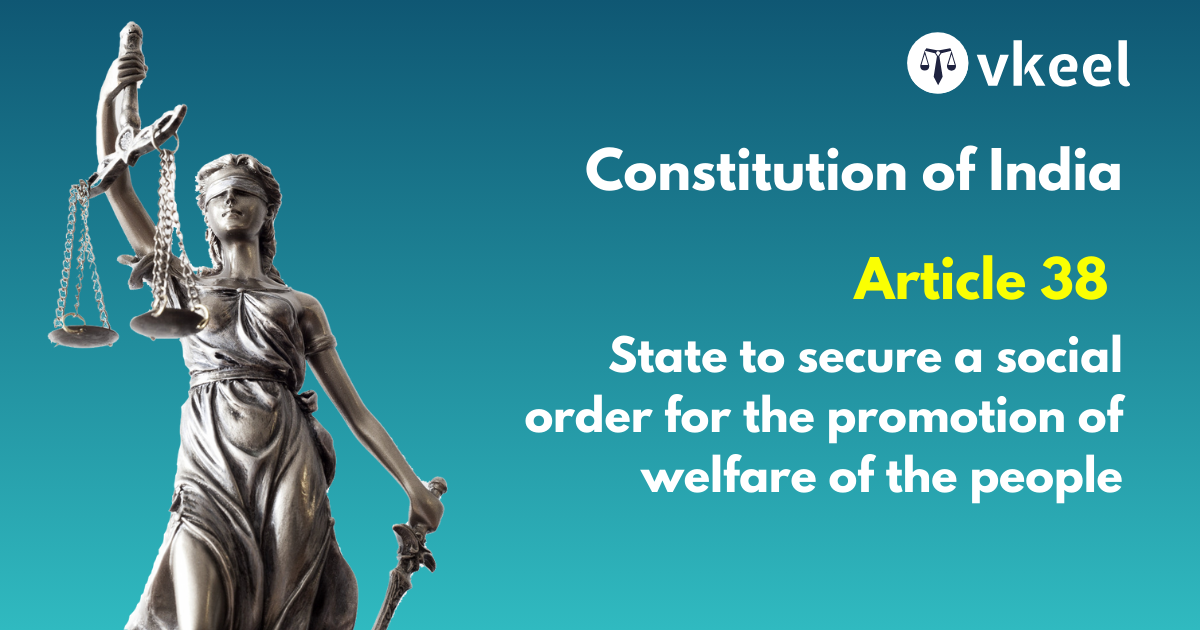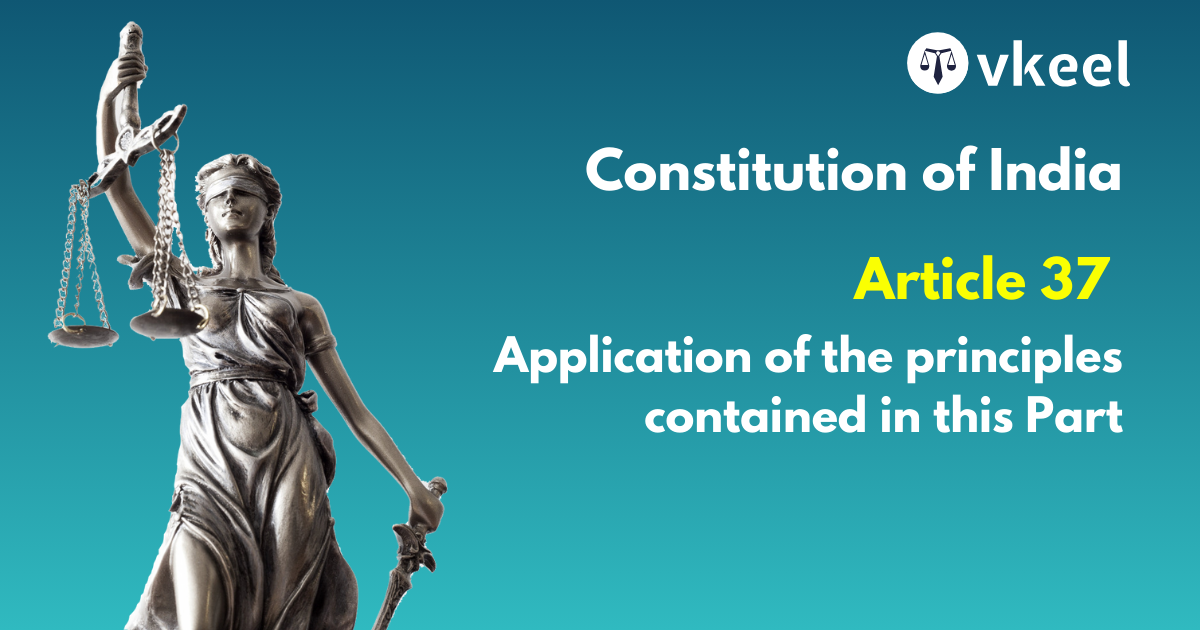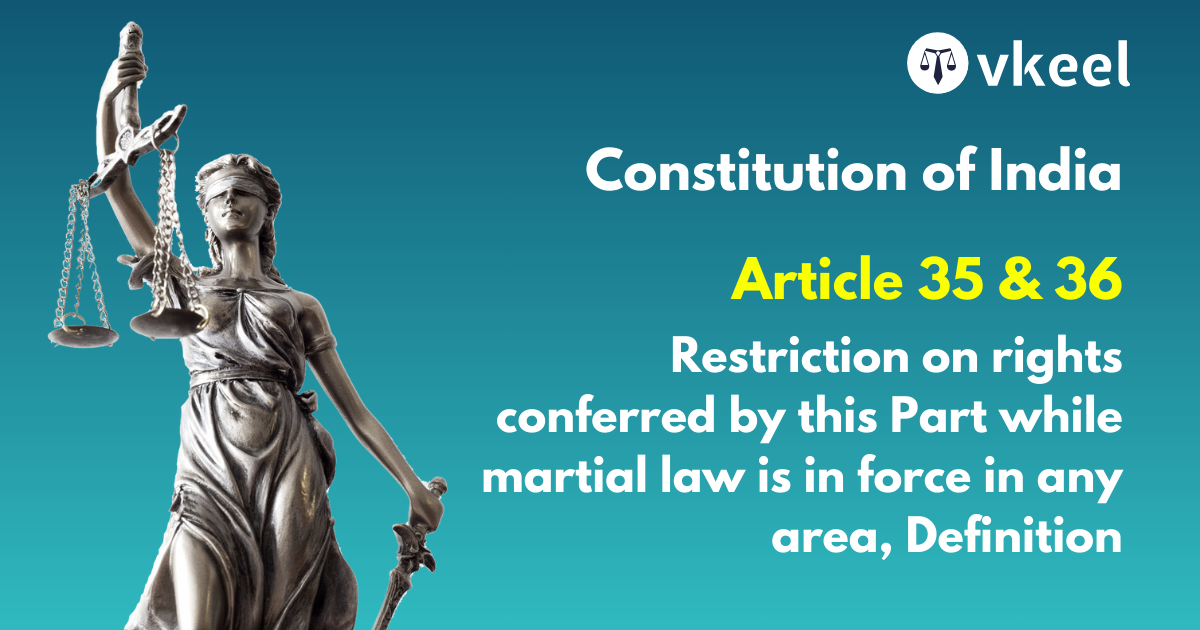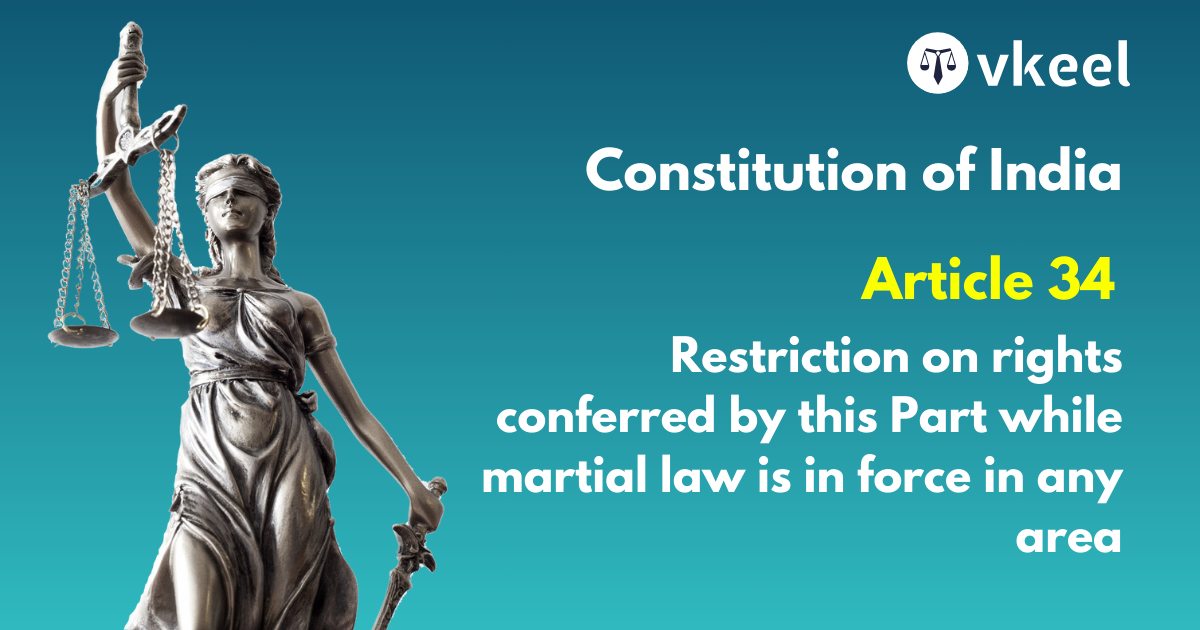Article 17: Abolition of Untouchability
By Vanshika Saini
Table of Contents
Introduction
Article 17 abolishes untouchability’ and its practice in any form is forbidden. In accordance with Law, if practiced it would be treated as a punishable offence. The sole aim of the Article was to end the inhuman treatment of certain fellows as dirty or untouchables by reason of their birth in certain castes.
It also castes duties on certain individuals and citizens at large, providing punishments for those who violate the provision, and aims to ensure that every citizen doesn’t practice untouchability in any form.
Article 17
Abolition of Untouchability.—“Untouchability” is abolished and its practice in any form is forbidden. The enforcement of any disability arising out of “Untouchability” shall be an offence punishable in accordance with law.
Judicial Pronouncements
State of Karanatka vs Appa Balu Ingale Objective of article 17: Untouchability is based on superstition, ignorance an complete misunderstanding of the teachings of Hindu religion? The thrust of article 17 is to liberate the society from blind and ritualistic adherence and traditional belts which have lost all legal or moral base. It seeks to establish a new ideal for society – equality to the Dalits, at par with general public, absence of disabilities, restrictions or prohibitions on grounds of caste or religion, availability of opportunities and a sense of being a participant in the mainstream of national life. The abolition of untouchability is the arch of the Constitution to make its preamble meaningful and to integrate the Dalits in the national mainstream
Devarajiah vs B. Padmanna Untouchability refers to the social disabilities imposed on certain classes of
based on conduct of certain persons by reason of their birth in certain castes. It does not cover social boycott.
State of Karnatka vs Appa Balu Ingale Untouchability has grown as an integral facet of socio-religious practices being observed for over centuries; keeping the Dalits away from the mainstream of the society on diverse grounds, be it of religious, customary, unfounded beliefs of pollution etc. It is an attitude and way of behaviour of the general public of the Indian social order towards Dalits. Though it has grown as an integral part of caste system, it became an institution by itself and enforced disabilities, restrictions, conditions and prohibitions on Dalits for access to and the use of places of public resort, public means, roads, temples, water sources, tanks, bathing ghats, etc., entry into educational institutions or pursuits of a vocation or profession. By reason of birth, they suffer from social stigma. Untouchability and birth as a Scheduled Caste are thus intertwined root causes. Untouchability is founded upon prejudicial hatred towards Dalits as an independent institution. It is an attitude to regard Dalits as pollutants, inferiors and outcasts. It is not founded on mens rea. The practice of untouchability in any form is a crime against the Constitution.
Conclusion
An essential component of the Right to equality, not only ensures equality but imparts social justice. It is key clause in ensuring human dignity and is absolute in context of circumstances.
Violation of Article 17 is not tolerated under any condition.
Disclaimer:
The information provided in the article is for general informational purposes only, and is not intended to constitute legal advice or to be relied upon as a substitute for legal advice. Furthermore, any information contained in the article is not guaranteed to be current, complete or accurate. If you require legal advice or representation, you should contact an attorney or law firm directly. We are not responsible for any damages resulting from any reliance on the content of this website.

